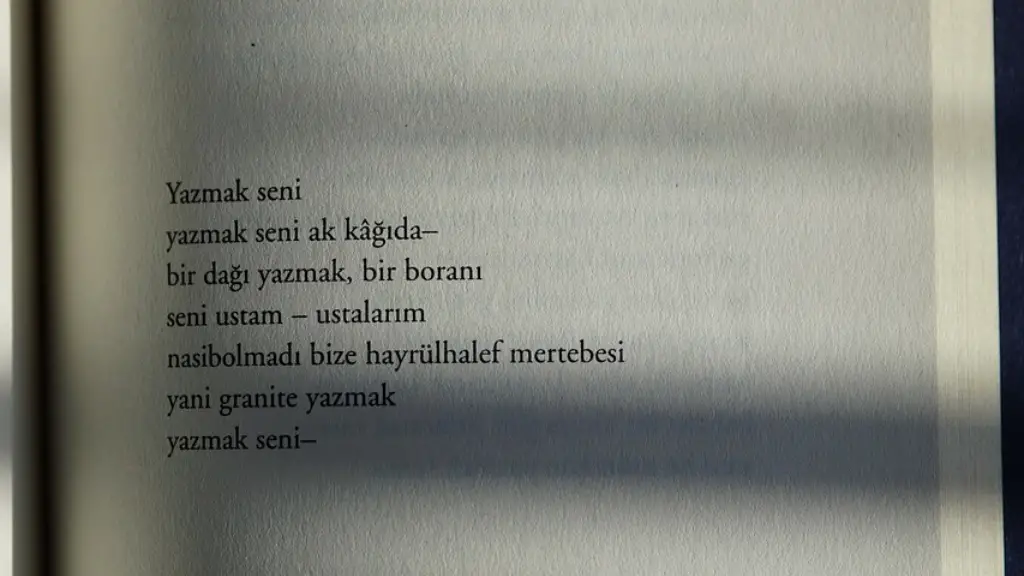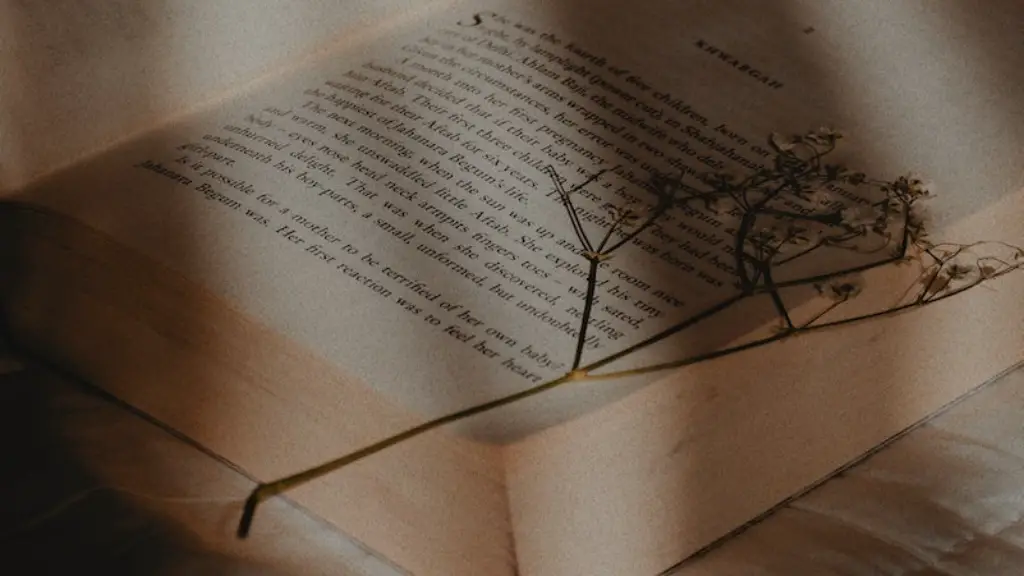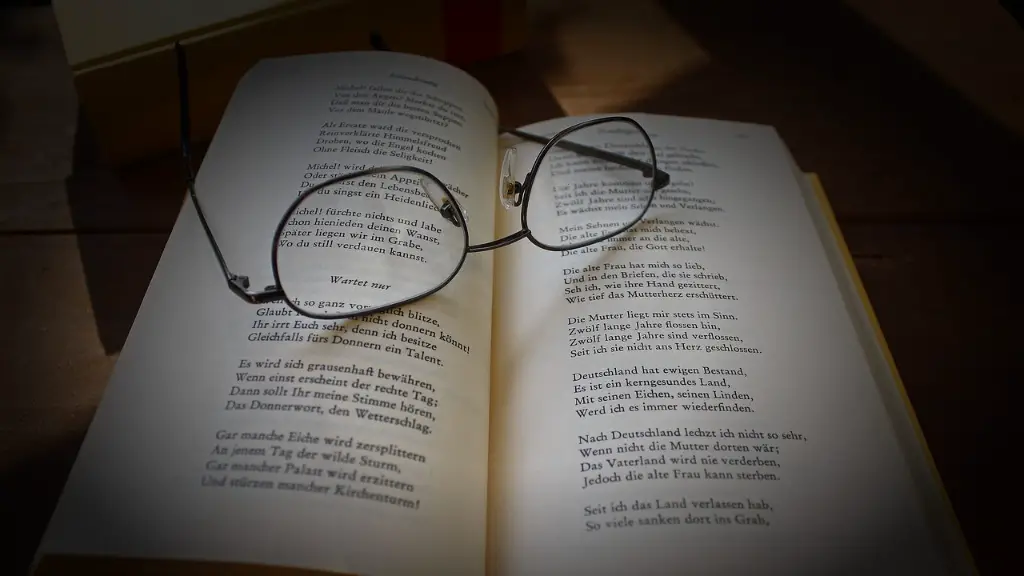Where are We Going, Walt Whitman?
Over 150 years ago, Walt Whitman published his book of poetry, Leaves of Grass. Across its pages, Whitman explored both the physical and the spiritual world and sought to bridge the gap between them, both within the individual, and across society. It is this exploration of the interplay between these two dimensions that modern people are now beginning to reinterpret and recontextualize for their own time and culture.
Walt Whitman’s writing explored several ideas. He wrote that people should live in harmony, with one another and with nature, and that individual and collective spiritual growth should be held as a prime goal. He also spoke of the equal value of all forms of life, such as plants and animals, and of looking deeper into the meanings between things. At the same time, he believed deeply in the importance of cultivating a sense of individualism and freedom.
These core beliefs of Whitman’s have come to form the basis of a larger movement within philosophy, known variously as ‘Deep Ecology’, ‘Ecofeminism’, and ‘Green Sprituality.’ All of these movements share the same core interests – to bridge the gap between the physical world and the spiritual one, and to foster positive change through cultivating a sense of connection to both nature and other people. In this way, Walt Whitman can be seen as a spiritual ancestor of these more modern movements, a prescient thinker whose ideas have been adapted for the present day.
These spiritual currents share a common theme: a connection with nature and the environment, and the belief that people should live in harmony with the natural world. This connection with nature is often seen as a spiritual connection, as well as a physical one, and of a reprieve from the often-overwhelming pressures of the modern world. It is also a movement that is growing in popularity in modern society, with an increasing number of people turning to nature as a way to reclaim a sense of peace and groundedness.
One modern example of this trend is the global permaculture movement, which seeks to foster a renewed relationship between humans and nature, and to draw upon traditional ecological wisdom to cultivate more sustainable, harmonious ways of living in the present. It is a movement that has drawn upon the themes of Walt Whitman’s work, as well as other poets, writers and activists, to bring about real, practical change in the world.
Ultimately, the vision of Walt Whitman has gone on to shape the spiritual landscape of today. From ancient wisdom traditions, to modern ecological movements, Whitman’s ideas have been reinterpreted and rediscovered in order to create a more sustainable, balanced future – one in which humans are connected to and living in harmony with the natural world.
Ecological Wisdom
At the heart of all of Whitman’s writings lay the core idea of respecting the ecological matrix in all of its complexity. Whitman’s writings were a beacon of wisdom for many people in the late 19th century, and subsequent generations of thinkers and writers who sought to expand on his ideas. These writers, such as Wendell Berry and Rachel Carson, shared a common thread – that humans should be aware of their impact on the natural environment and strive to maintain a balance between human activity and the health of the ecosystem.
This idea of ecological wisdom is a recurring theme in Whitman’s writings, and it is something that is increasingly relevant in today’s world. With our current challenges, such as climate change and the accompanying biodiversity loss, this wisdom has never been more important. We need to reconsider how we interact with nature and how we can best live in balance with it, rather than trying to control or dominate it.
Fortunately, this wisdom is something that can be cultivated. By becoming more aware of our own actions and interactions with the environment around us, we can begin to understand how our actions contribute to its health, or to its destruction. We can start to make conscious choices that enhance the health of the environment, such as choosing to buy locally sourced, organic food or opting for renewable energy.
By learning to live in harmony with nature, we not only reduce our own impacts on the environment, but also cultivate a healthy, balanced relationship with it. In this way, we can honor Walt Whitman’s legacy and continue to explore and nurture the core themes from his writings.
Art and Spirituality
Whitman wasn’t only a philosopher, but an artist too. His work had a deep spiritual and metaphysical component that reached beyond just the realm of nature, and he aimed to explore a more expansive field of experience too. He believed that experiencing art was an important part of self-knowledge, and he connected the physical, spiritual, and creative realms in his work.
This connection between art and spirituality is also reflected in modern times. The work of visual artists such as Yayoi Kusama and Anna Sikorska often explore themes of rebirth, transformation, and the power of nature. Across mediums, art has provided an avenue for creative expression, spiritual exploration and the search for deeper understanding.
This search for self-knowledge and understanding resonates with Whitman’s approach. He believed that experiencing beauty – whether in art, music, or in nature – was an important part of the spiritual path. Through this, we can come to understand our true selves and discover our connection with the world around us.
In today’s world, art and spirituality can coexist in harmony. We can take inspiration from Walt Whitman’s writings to explore and develop our own relationship with the world around us. We can appreciate art, music, and the natural beauty that is all around us, and through discovering our deeper connection to it, we can cultivate our own individual journey of self-knowledge and understanding.
Social Responsibility
Walt Whitman was an advocate for social justice and progress. He sought a world in which everyone could enjoy the same rights and freedoms, without prejudice. He wrote that each individual should be seen as a unique reflection of the divine, and that all should be treated with respect and dignity.
In today’s world, this theme of social justice is more important than ever. We are in the midst of a global humanitarian crisis, with climate change threatening the stability of our ecosystems, poverty threatening the stability of our societies, and inequality still rampant in many parts of the world.
At this time, it is more important than ever to heed the words of Walt Whitman and stand up for social justice. We can take action in our own lives to support those who are vulnerable and marginalised, and fight for a fairer, more equal world. We can challenge the systems that perpetuate inequality, speak out against discrimination, and strive to make the world a better place for all.
We can also use the ideas of Whitman to look beyond our own immediate experience and think more deeply about how we can contribute to progress. We can listen to those around us, question our own beliefs and privilege, and seek to understand the complexities of the world in order to find solutions that work for everyone.
Animal Rights
In his later years, Walt Whitman wrote poetry in praise of animal rights. He argued that all forms of life should be seen and treated equally, and that we should seek to respect and nurture the natural and spiritual beauty that is found in every form of life. This idea of an inclusive view of animals, and our commitment to treating them with respect, is something that is increasingly important in today’s world.
Modern animal rights activism is a rapidly growing trend. Groups such as Animal Rebellion and Animal Equality are using the language of animals rights to push social and political change. By harnessing the power of collective action and the media, they are working towards a world in which humans and animals can exist in harmony.
The language of animal rights has also filtered into mainstream discourse, as more and more people become aware of the issues facing animals today. This language is also being used to hold corporations and countries accountable for their actions, and to give a voice to those who are persecuted and marginalised. In this way, we can see the spirit of Walt Whitman, and his commitment to justice for all, alive and well today.
Conclusion
The work of Walt Whitman has been an inspiration for people for generations. From his exploration of ecology and spirituality, to his commitment to social justice, Whitman’s writings have provided us with a roadmap for understanding the world around us and our role within it. Today, his work continues to inspire and inform our modern spiritual movements, and his ideas have helped to shape the way that we approach our relationship with the environment and other people.
It is clear that the ideas of Walt Whitman are still relevant today, and his legacy continues to be an inspiration for many. By honouring his words, we can strive towards a more sustainable, equitable and harmonious world, and continue to explore his core beliefs in order to make this dream a reality.





